Observability of Power-Distribution Systems State-Estimation Techniques and Approaches
-
- Taschenbuch ausgewählt
- eBook
-
Sprache:Englisch
49,99 €
inkl. MwSt,
Lieferung nach Hause
Beschreibung
Details
Einband
Taschenbuch
Erscheinungsdatum
05.02.2020
Verlag
SpringerSeitenzahl
108
Maße (L/B/H)
23,5/15,5/0,8 cm
Gewicht
206 g
Auflage
1st ed. 2020
Sprache
Englisch
ISBN
978-3-030-39475-2
This book develops, implements and thoroughly evaluates a three-phase distribution system state estimation (DSSE) model. It gathers all relevant state-of-the-art knowledge and provides the missing pieces to offer readers a complete picture of several essential design and implementation factors and ways to address them.
The book presents a three-phase branch model that allows of conductors, transformers, tap changers, and voltage regulators to be modelled. Its main features include:
• modelling of all major power distribution components;
• sensitivity analysis; and
This book presents a focused account of three-phase DSSE, making it of interest to postgraduate students, researchers and engineers in the field of power systems and distribution systems.
Weitere Bände von SpringerBriefs in Applied Sciences and Technology
-
Advanced Operations Management for Complex Systems Analysis von Jingzheng Ren
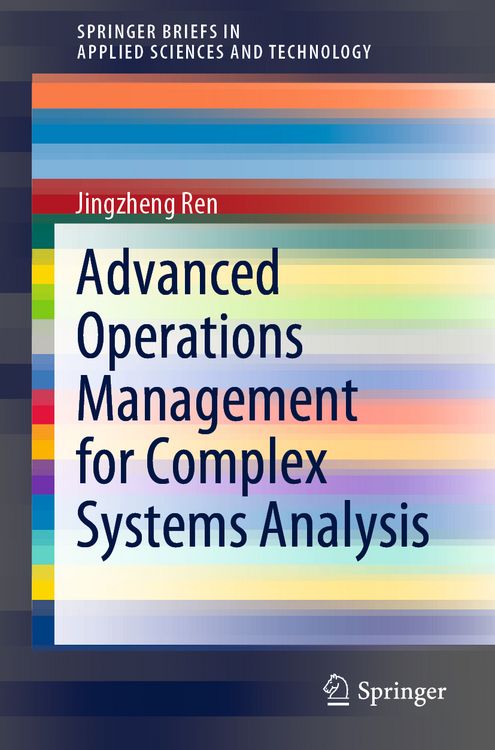
Jingzheng Ren
Advanced Operations Management for Complex Systems AnalysisBuch
49,99 €
-
Graphic Intelligence von Enrico Cicalò
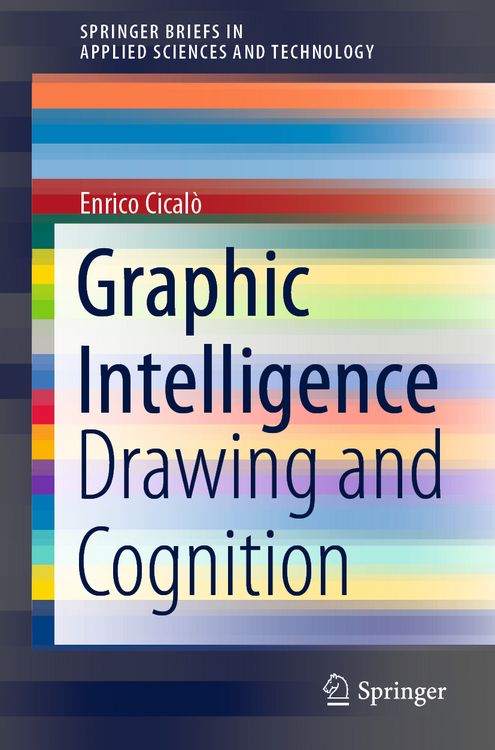
Enrico Cicalò
Graphic IntelligenceBuch
55,99 €
-
Technical Guidance for Petroleum Exploration and Production Plans von Tarek Al-Arbi Omar Ganat
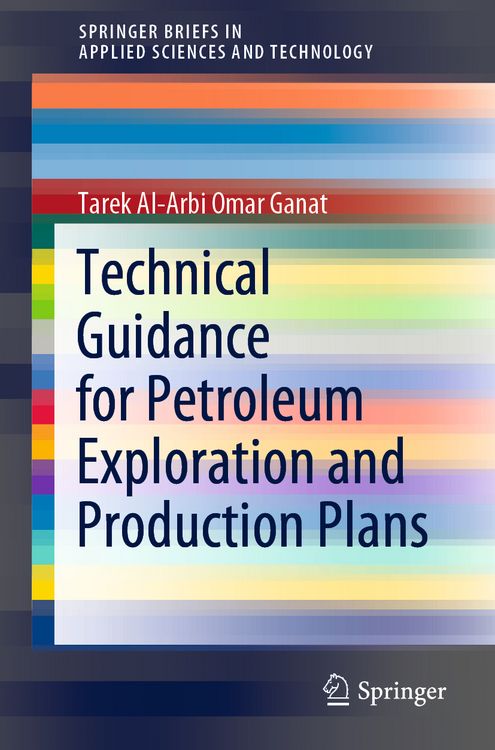
Tarek Al-Arbi Omar Ganat
Technical Guidance for Petroleum Exploration and Production PlansBuch
55,99 €
-
Sharing by Design von Jeffrey Kok Hui Chan
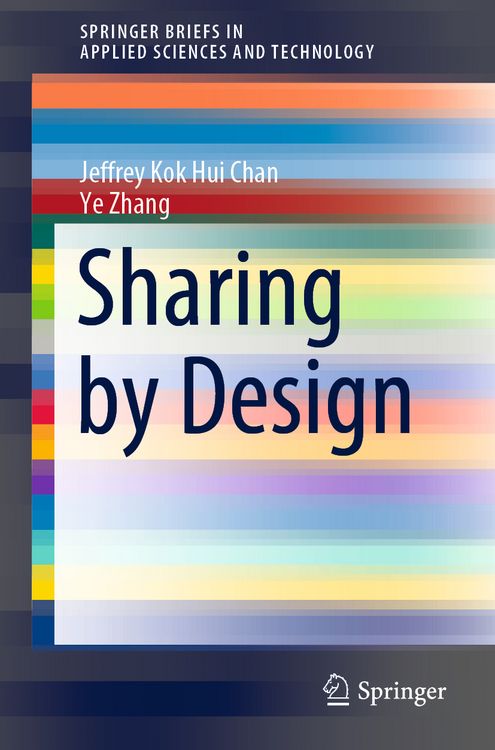
Jeffrey Kok Hui Chan
Sharing by DesignBuch
59,99 €
-
Two-Phase Gas-Liquid Flow in Pipes with Different Orientations von Afshin J. Ghajar
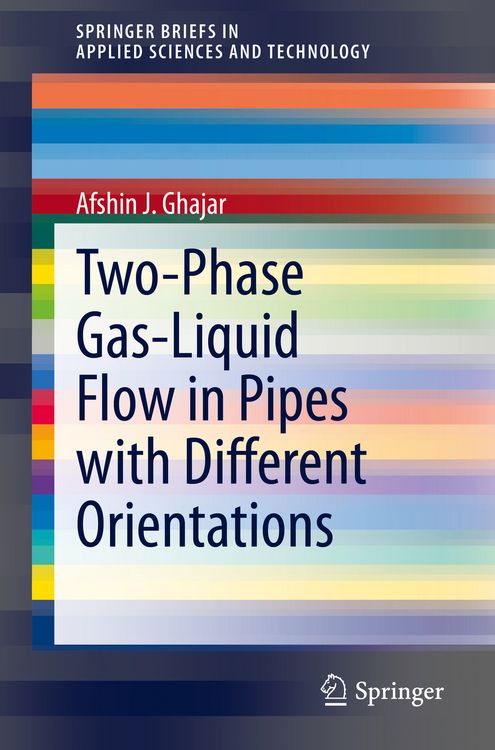
Afshin J. Ghajar
Two-Phase Gas-Liquid Flow in Pipes with Different OrientationsBuch
49,99 €
-
Machine Learning in Team Sports von Rabiu Muazu Musa
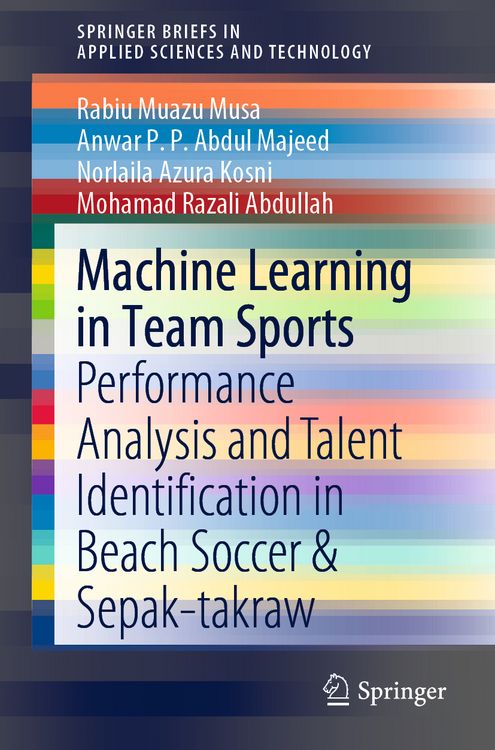
Rabiu Muazu Musa
Machine Learning in Team SportsBuch
48,99 €
-
Closed Loop Management in Mineral Resource Extraction von Jörg Benndorf
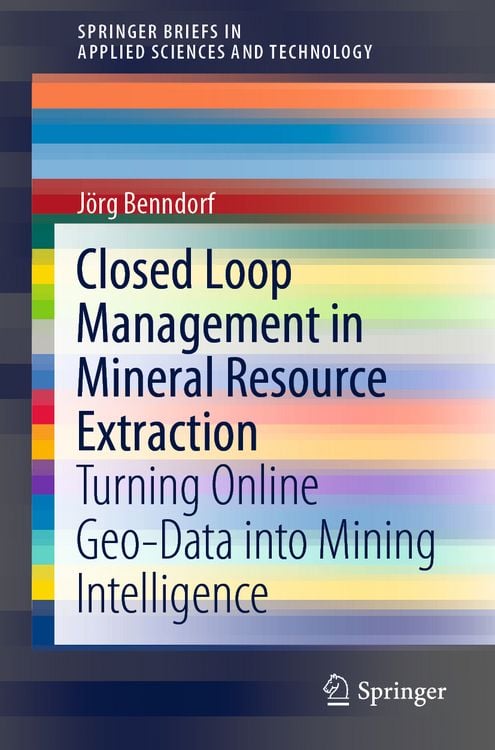
Jörg Benndorf
Closed Loop Management in Mineral Resource ExtractionBuch
49,99 €
-
The Electricity Grid in Indonesia von K. Kunaifi
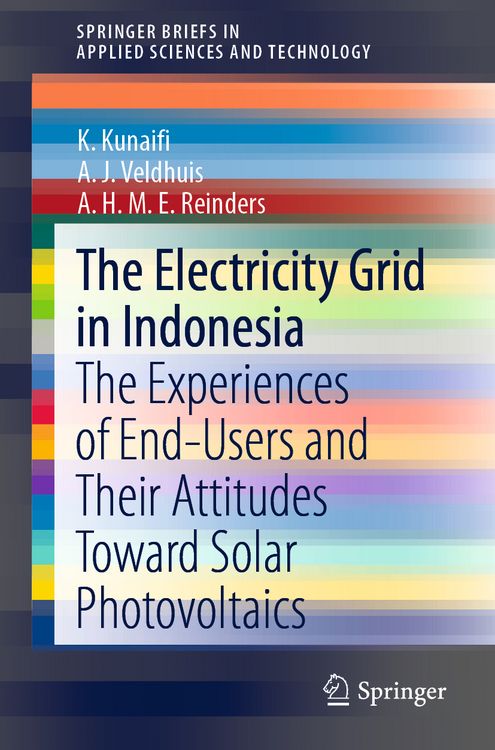
K. Kunaifi
The Electricity Grid in IndonesiaBuch
49,99 €
-
Observability of Power-Distribution Systems von Urban Kuhar
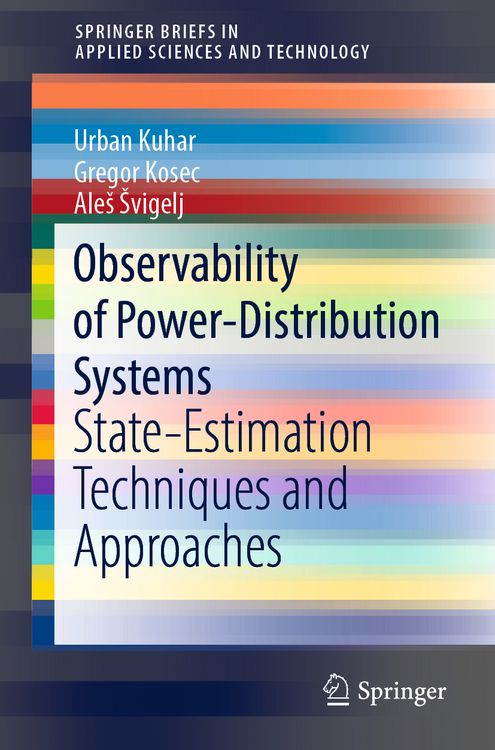
Urban Kuhar
Observability of Power-Distribution SystemsBuch
49,99 €
-
Bone Cement von Hamid Reza Rezaie
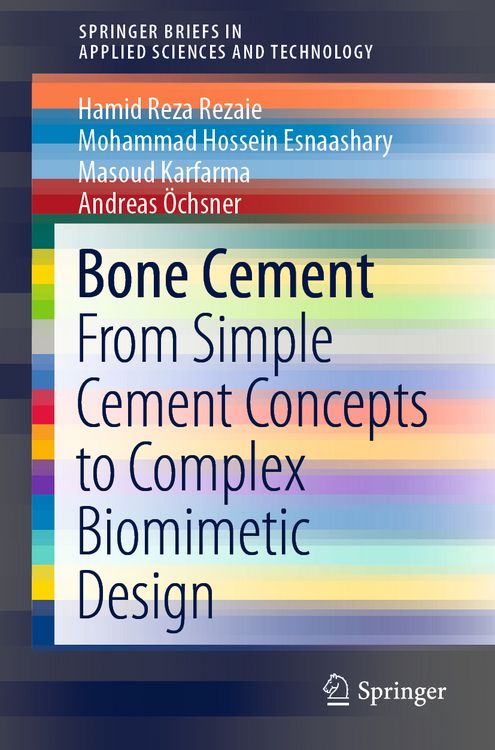
Hamid Reza Rezaie
Bone CementBuch
49,99 €
-
Machine Learning in Aquaculture von Mohd Azraai Mohd Razman
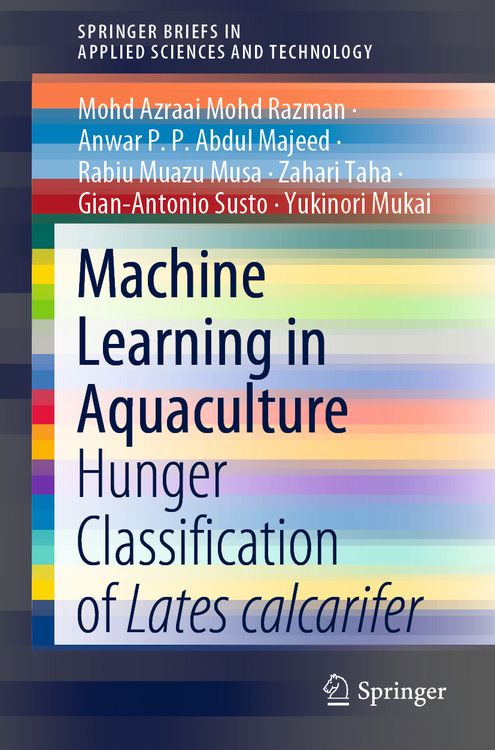
Mohd Azraai Mohd Razman
Machine Learning in AquacultureBuch
48,99 €
-
Asymmetry as a Foundational and Functional Requirement in Human Movement von José Afonso
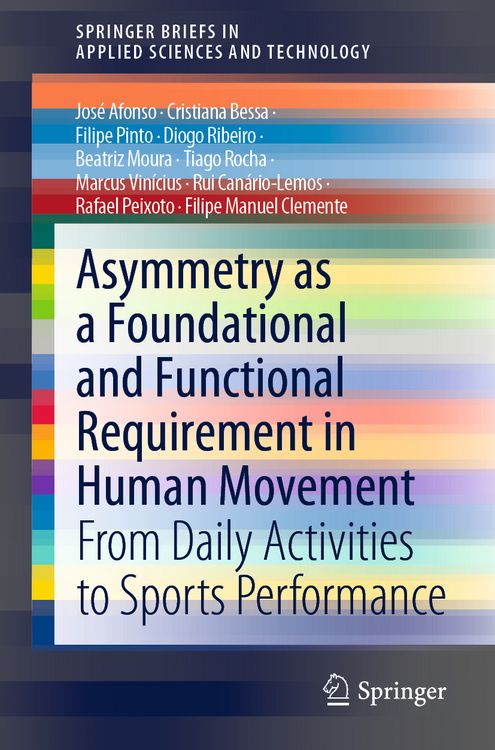
José Afonso
Asymmetry as a Foundational and Functional Requirement in Human MovementBuch
49,99 €
Unsere Kundinnen und Kunden meinen
Verfassen Sie die erste Bewertung zu diesem Artikel
Helfen Sie anderen Kund*innen durch Ihre Meinung
Kurze Frage zu unserer Seite
Vielen Dank für dein Feedback
Wir nutzen dein Feedback, um unsere Produktseiten zu verbessern. Bitte habe Verständnis, dass wir dir keine Rückmeldung geben können. Falls du Kontakt mit uns aufnehmen möchtest, kannst du dich aber gerne an unseren Kund*innenservice wenden.
zum Kundenservice